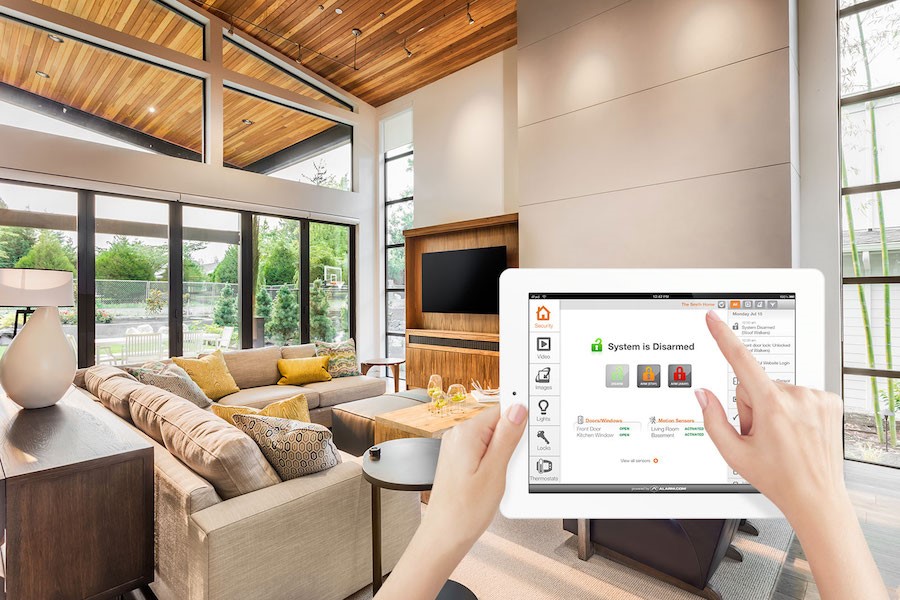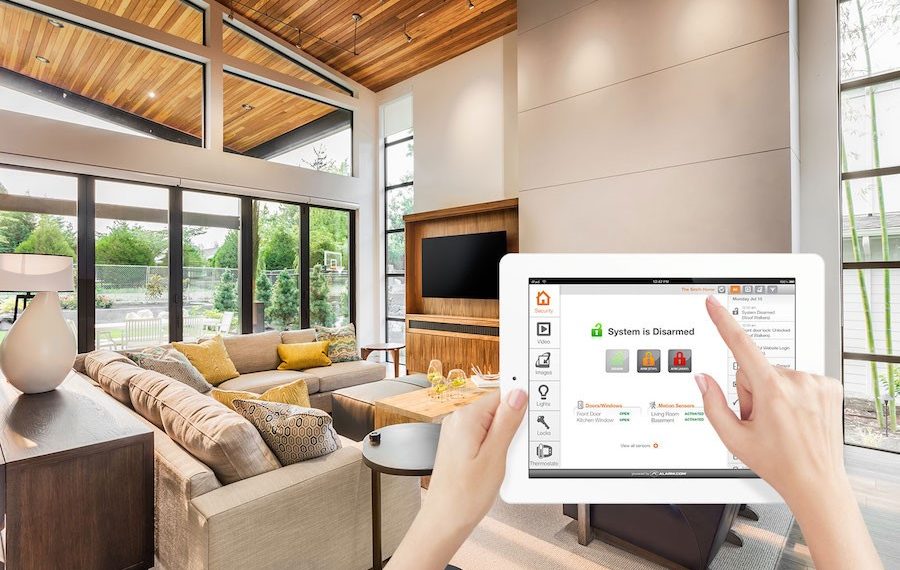Home technology has become very sophisticated and fun to use. Today, all of your technology interacts in such a way, that it becomes very important to make sure you purchase compatible devices. If one device doesn’t speak the same language as the rest, it will work, but no one will be able to figure out how to get it to function.
I have been installing home technology for the past 18 years with iHome Systems and I have seen tremendous changes in the industry. One of the comments I get is “what happened to simply turning the dial?” In a lot of cases, I have to agree that the complexity sometimes makes just sitting down to watch a show more complex than it should be. I am old enough to remember picking up the phone and hearing “number please” to which I would just respond with the number I wanted to reach and the nice operator would dial for me. Then came the rotary dial, soon to be followed by the dial pad and the, mostly deaf, voice recognition that gets what I want right only six times out of ten. I usually feel like a full time beta tester because the technology changes so quickly, it is never fully tested before it is released, but I love playing with the new features so much, I can’t resist being the first one to have it.
I am, of course, “a do it yourselfer” I have been connecting things together since I was 10 years old, which is why I got into this business to begin with. So I am an experienced do it yourselfer for home electronics. Which makes me an “expert” I always believed that what makes someone an expert is the process of failing so many times, you know a lot about what not to do and have found a way to make things happen correctly at least 90% of the time. I now know how many extra pieces are needed to connect a TV to a surround sound system and whether or not I really have to buy the, newest, most expensive cables available.
Which finally brings me to the topic at hand, professional installation or DIY? I do believe that anyone can get technology to work eventually by reading all of the information provided with the equipment and studying the subject online. I also believe anyone can find lower prices by buying from the many online stores with free shipping. The big question is does everyone have the time to do all the research, try products that don’t work together, return them and get others or figure out how to program them. I know I have done this many times, over my lifetime, in this particular field, so I know I don’t want to do it when it comes to plumbing or roofing, for example. I have attempted those projects, in the past, and I now know enough to hire another expert when it comes to those areas.
In the end, even though you are able to purchase products for a lower price, you actually end up spending more, taking longer and not getting the results you were looking for. A good professional integrator will first find out what you are looking for technology to accomplish. There is a lot of misinformation about technology that can lead you on the wrong path from the beginning. My cousin told me about the store clerk that tried to convince her, if she didn’t mount the plasma TV level, the plasma material would leak out of the TV and destroy it.
The next thing a good professional will do is advise you about the best products to accomplish your goal. These may be new products that he has seen at the last trade show or something a distributor just informed him about. Sources you don’t have at your disposal. Lastly, a good integrator will install all of the technology and make it work! That last statement is the most important one of the article. You don’t have to worry about whether or not products will work together. If something has to be replaced with a different model to get everything to work together, it is the responsibility of the expert. When the project is finished and the remote control is programmed to work the way you want it to, instead how the manufacturer thinks it should work, you will just have to push the button and everything will work the way you wanted it to. The same way you would expect your new roof not to leak or you would call the roofer back to fix it and not have to climb on the roof to fix it yourself.
In conclusion, if you are a tinkerer, like me, and you don’t mind spending hours struggling with cables and programs instead of going on vacation, then by all means dig in and do it yourself. On the other hand, if you have better things to do with your time and you would just like to enjoy the great things technology can do for you, call in a competent expert, then sit back and relax.










